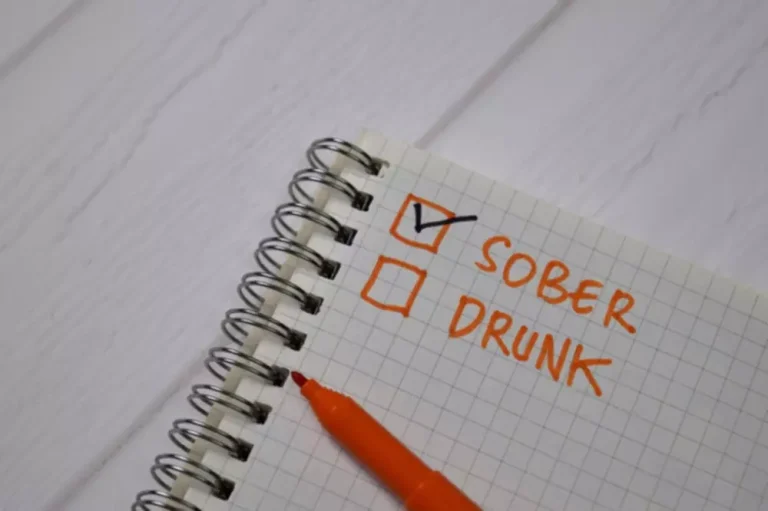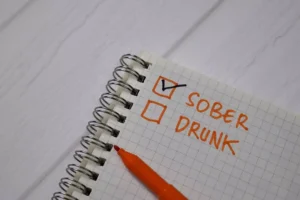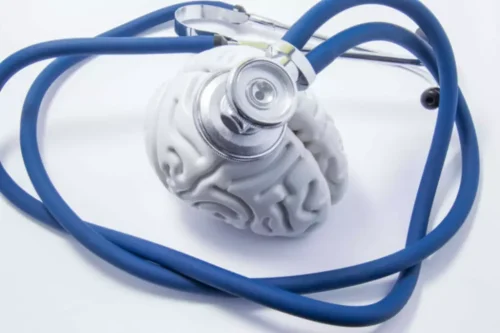
As you work the 12 Steps of recovery, you will undergo a transformational process that will teach you how to accept yourself – flaws and all. It is built upon a foundation of trust, respect, caring, and kindness. Sustainable recovery is possible and the best version of youself awaits at our Atlanta and Savannah, Georgia addiction recovery center. We’ll give you skills to discover your self-worth and show you the tools for a life of hope and promise. Properly defined boundaries ensure that both individuals in the relationship understand their needs and limits.
- Engaging in meaningful conversations, practicing empathy, and showing appreciation can help bridge any emotional gaps created by addiction.
- Explore how addiction is a family disease, affecting dynamics, finances, and recovery for everyone involved.
- These 50 activities build practical skills and encourage self-discovery, resilience, and meaningful connection with others.
- Moreover, many online support platforms accommodate various schedules, making it easier for individuals to engage with support networks as they navigate their recovery journey.
Effective Communication and Setting Boundaries

Discover the key qualities of the best rehab centers, from impactful treatment to accredited facilities and expert staff. Discover how a child abused amphetamine to boost their grades, and the risks and consequences of substance misuse. Explore the complex relationship between wealth and addiction, from societal influences to treatment access.
Exploring the Benefits of Substance Use Counseling
Open communication about triggers and respectful boundary setting can help both partners navigate potential stressors. Moreover, addressing any underlying mental health issues is vital; these can increase the risk of relapse and strain relationships. Overall, fostering an environment of support and understanding, while prioritizing sobriety, is essential for both partners’ growth in recovery. A healthy relationship can be transformative, especially during recovery. It offers companionship, promotes self-awareness, and contributes to the healing process.

Trust the Process and Go At Your Own Pace
Strong support systems can significantly improve mental wellness, aiding individuals in navigating their recovery effectively. Even the relationships that are generally supportive can be stressful at times, which can create high risk for recovery setbacks. An essential skill for recovery is finding ways to minimize the harmful effects and maximize the helpful effects of relationships on addiction recovery efforts. There isn’t much guidance on this, and many people in recovery are given the message that their relationships can wait until they’re further along in recovery. That makes what is alcoholism the process of relationship recovery pretty abstract for people who aren’t engaged with couple or family therapy.

Importance of establishing healthy boundaries
For many people, recovery or treatment is actually started because someone they love has detached, threatened to leave, or been hurt in ways that motivate change. But there’s often little direct attention to relationship difficulties in recovery programs unless it includes structured couple or family therapy. Techniques like using “I” statements can help have constructive discussions without placing blame, fostering a supportive dialogue. Regular check-ins about feelings and recovery journeys also deepen understanding between partners and friends.
Rebuilding relationships post-addiction includes facing several challenges. Individuals must confront the emotional fallout from their actions during active addiction, requiring sincere apologies and acknowledgment of past hurts. Trust-building is a gradual process, where practical efforts need to accompany verbal reassurances for progress.
- By establishing clear personal limits, individuals in recovery can protect themselves from potentially triggering situations, maintain a sense of stability, and uphold their sobriety goals.
- Trust is essential for any relationship, but it can be particularly challenging to rebuild after trust has been broken by addiction.
- One of the first steps in this process is acknowledging past mistakes and taking responsibility for one’s actions.
- Those topics get much less attention, and people may feel guilty about even considering that their relationships have contributed to their substance use.
This financial burden exacerbates the emotional distress among family members, leading to conflict and resentment. The ongoing relationships and recovery uncertainty and instability negatively impact familial dynamics, causing rifts that might take years to mend. Discover the power of practicing gratitude in recovery and enhance your mental health and relationships.
- You should also set firm boundaries and limit your contact with individuals who are toxic to you.
- Regular check-ins and open communication with our loved ones can help us stay on track and address any concerns or challenges that may arise.
- Members are encouraged to develop personal affirmations and share them with the group, helping everyone build confidence and a positive mindset in recovery.
- Your focus on sobriety might make you struggle with changing dynamics, trust problems, and barriers to communication with people close to you.
- Therefore, informing people to whom you are becoming close that you don’t drink alcohol or use other drugs—sooner rather than later—will help you avoid many risky situations.
Engaging in self-care routines, whether physical, emotional, or social, is essential for promoting overall well-being. For example, adopting healthy habits like regular exercise and proper nutrition can enhance physical health, while activities such as meditation can boost emotional stability. The effectiveness of peer support is evident in the positive outcomes for individuals in recovery. As they engage with peer support workers, individuals often find a renewed sense of hope and motivation to overcome their challenges. For more insights on emotional well-being in recovery, consider exploring developing emotional intelligence in recovery and more ways to develop emotional intelligence in recovery. Effective communication is vital in the recovery journey, especially for mending damaged relationships.

Pairing members to practice active listening allows them to repeat and respond with empathy, strengthening mutual understanding and reinforcing the group’s supportive environment. Your comfort level might differ from others as you plan shared experiences. Studies show that meetings and activities have different energies or dynamics, so try several options to find what feels right. This helps you find activities that appeal to you and your loved ones while staying committed to recovery.
